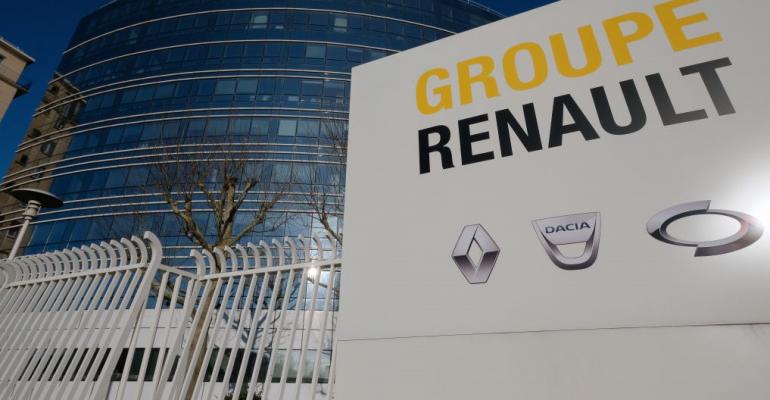The French Finance Minister, Bruno Le Maire has revealed that Renault could go out of business if it does not get help very quickly to cope with the fallout from the Coronavirus crisis while adding that the automaker also needed to readjust to the situation.
In an interview on Europe 1 radio on Friday, Le Maire said that Renault’s plant in Flins outside of Paris must not close and that automaker should try to keep as many jobs as possible in France, but should also remain competitive.
“Yes, Renault could disappear,” Le Maire. Renault is due to present details of a cost-cutting plan to save 2 billion euros ($2.2 billion) in expenses in the next two years. First-quarter revenue fell 19 per cent to 10.1 billion euros, with sales in Europe falling 36 per cent as the effects of coronavirus lockdowns started to be felt.
Among the options being considered are closing several small component plants in France and the Alpine assembly site in Dieppe, France; and ending assembly at the historic Flins plant outside of Paris, although it could be repurposed for other uses.
Slow-selling models could also be discontinued, including the Espace minivan and Talisman midsize sedan.
Le Maire added that Renault Group Chairman Jean-Dominique Senard was working hard on the new strategic plan and that Senard had the support of the French government.
In a separate interview, Le Maire told the newspaper, Le Figaro, that he had not yet signed off on a 5 billion euro ($5.5 billion) loan for Renault, and that discussions were continuing. The European Union has granted approval for the loan.
He added that the government was soliciting commitments from automakers in three areas in return for help during the Coronavirus crisis: electric vehicles; the fair treatment of sub-contractors; and that they base advanced technology activities in France. The French government has also asked automakers to relocate vehicle production in France.
“Renault is fighting for its survival,” Le Maire said in the interview published late on Thursday. “I haven’t yet signed the loan.”
Sources told Reuters on Monday that Renault had reached an agreement on the loan with banks and that it should be submitted to the board of directors soon, before being formally approved by the finance ministry.
450 million euros in crisis aid
Le Maire said France’s response to the worst depression since World War II totalled 450 billion euros in aid and state guarantees, an amount equal to 20 per cent of the country’s annual national output.
The government forecasts that the euro zone’s second-biggest economy will shrink at least 8 per cent this year. Its budget deficit is set to hit a postwar record of 9 per cent of economic output this year.
The European Union has granted member countries all the fiscal leeway they need to deal with the economic impact of the coronavirus, enabling governments to open the spending taps and wave aside EU budget rules that limit government borrowing.
There is no time limit set in the flexibility clause allowing this. Nonetheless, Le Maire said he hoped the rules would remain suspended in 2021.
“Nothing would be worse than reviving the economic machine while applying the brake on public spending,” he said.













